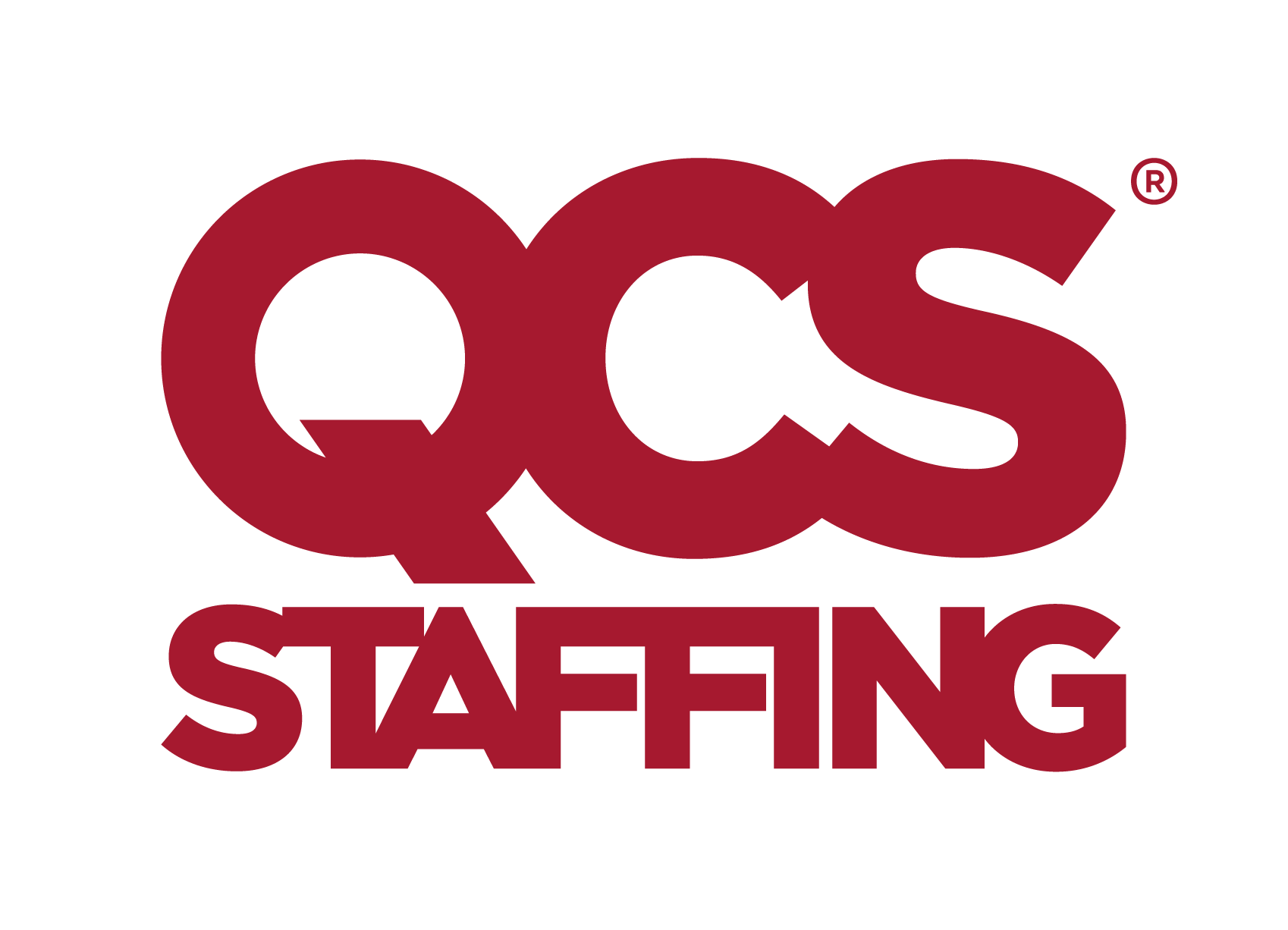What is a Validation Engineer and how do you become one?
Commissioning, Qualification and Validation – also known as CQV – is an integral part of pharmaceutical manufacturing. It ensures systems, facilities and equipment meet the design requirements that pharmaceutical regulations dictate. Validation is the final stage of the process where tests are run and documentation is established to validate the manufacturing's efficacy. It is a niche specialism, but an important one, meaning that it could be a potentially lucrative career option.
Here we look at what it means to be a Validation Engineer, and how to become one.
View here to see the latest Validation or Document Training jobs.
What is Validation?
Validation is the process of collecting data and creating documentary evidence in order to demonstrate that a drug’s manufacturing process follows regulation and produces consistent results. It is part of Good Manufacturing Practice, a legal element of the quality assurance process and minimum standard that a medicines manufacturer must meet. In pharmaceuticals, the ultimate goal is maximising a drug efficacy and safety.
So, what does a Validation Engineer do?
As a Validation Engineer, your focus is to run tests and document evidence throughout the manufacturing lifecycle to demonstrate that systems are performing correctly. You are looking for replicability of results and to minimise issues so that the drugs can continue to be manufactured as per government regulations.
Specific responsibilities include:
- Monitoring, testing and maintaining equipment
- Documenting and analysing test results
- Preparing compliance results
- Making recommendations of improvements to equipment and activities
- Creating databases to track validation activities and results
- Keeping up to date with industry standards and regulations
What areas of Validation can I specialise in?
There are several types of Validation Engineer jobs in the pharmaceutical industry. Each area focuses on a different part of the manufacturing pathway:
- Process Validation: Process Validation Engineers ensure that the process or system used in drug manufacturing lead to consistent, reproducible results.
- Equipment Validation: Ensures the facility and equipment are fully functional and approved by regulatory agencies.
- Cleaning Validation: Cleaning Validation Engineers design and develop cleaning procedures for products and their manufacturing equipment, as well as investigate and resolve cleaning related incidents.
- Computer Systems Validation: The role of a CSV Engineer is to prove and document that a GxP computer system will produce data as intended. This is highly necessary when replacing paper records with electronic systems, especially in an industry as highly regulated as Life Sciences.
How do I become a Validation Engineer?
Ascertain a relevant degree
The first step to becoming a Validation Engineer in the pharmaceutical industry is to study for a degree within a relevant discipline, for example biochemistry, mechanical, chemical or automation engineering.
Refine your understanding of GMP
Knowledge, and experience, of GMP is crucial for Validation Engineers. As the main priority is to maximise the efficacy and reliability of the manufacturing process, your ability to adhere to GMP protocols is an essential requirement. GMP experience can be acquired from working in any heavily regulated Life Sciences or manufacturing environment.
Enhance your Technical Writing skills
Protocol writing is a fundamental part of Validation Engineering. You will need the ability to perform tests and condense findings into accessible and accurate information. It is imperative that you can record your data correctly so that the processes can be replicated, and findings compared for the future.
Validation Engineering is a document heavy process, and the documents you produce must comply with internal standards of procedure and external regulations.
Don’t forget the soft skills
Organisation, analytical thinking and problem-solving skills are highly valuable in Validation. With the constant evolution of the Life Sciences world, proven organisational skills are a top priority to demonstrate that you can negotiate the safety of your product amidst the ever-changing legislations.
Validation Engineering goes beyond identifying issues – you will need to give recommended solutions to resolve these issues. Curating an analytical mind and demonstrating effective problem solving will get you ahead in your Validation Engineer career.
How can I apply for a Validation Engineer job?
Firstly, you will need to write a CV that shows your suitability as a Validation Engineer. Ensure you highlight your education, previous relevant experience (if any) and express your desire for a career in validation. Next, search for your ideal position. The best way to find this is to get in touch with a specialist Life Sciences Recruitment agency, like us here at QCS Staffing. We are experts at making placements in Commission, Qualification and Validation, having successfully placed candidates in their dream roles across the world. Get in touch with our expert team to discuss starting your career in validation.
Related Post






